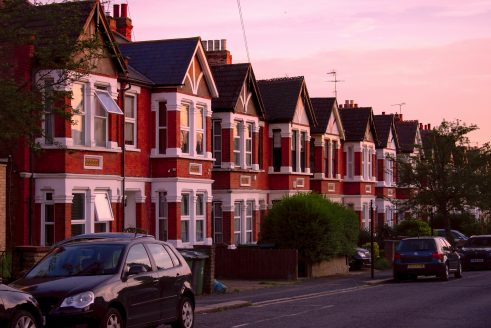So now we know that interest rates rose again today to 5.25%. By the end of the year it is forecast that they may rise to possibly as high as 6%. Those defending the recent rises are quick to point out that taken over time, this last rise is not the highest on record. It is true that interest rates forty years ago were around 9.5%. Before the financial crash of 2008 interest rates, in February 2008, were 5.25% according to the Bank of England.
This fact is of little comfort to those who will need to pay the price of higher mortgages or higher rental costs. I find the media narrative that people were wrong to ‘get used to low interest rates’ particularly jarring. It is harder to find an affordable property to buy. The level of individual income compared to house prices is higher than in past decades. This makes borrowing more expensive assuming it is possible to buy a home. Household incomes are being squeezed too, due to the increase in cost of fundamental household items. As a result of today’s announcement, people are understandably very concerned.
So it is not surprising that we are receiving enquiries from people concerned about their mortgage or in some cases their rent. We know that some of you are facing the ‘cliff edge’ of the mortgage hike after coming off a fixed rate.
If you are experiencing difficulties, we are available to talk it through. We can signpost you to the relevant support organisations if necessary. This is so that you have time to think about the next steps. So we would always encourage you to get in touch with us. Please never feel that you are wasting our time by doing this as we are here to help.
It is important to know that if you fall behind your mortgage payments by 90 days, this is considered as defaulting on the loan. This means your lender can begin repossession actions, according to Money Expert. So avoiding that situation is an obvious priority. Longer term, the government provides advice on its interest payment loan. If mortgage repayments cannot be met easily, you can apply for a grant for limited short-term support.
According to Unbiased London had the highest average monthly rent at £1,425 pm. Rents are also rising everywhere else too, and it isn’t possible to just up sticks and move somewhere else we know. For renters, checking your lease is the first step. Landlords cannot make rental increases that fall outside the lease terms. If they can raise the rent more than you would like, talking to the landlord about it is a good idea. According to Citizens Advice a good track record of paying rent will help with negotiations. Check also what government support you may be entitled to claim. If you are facing an unexpectedly high rent increase, we can offer limited short-term support. This is while you assess your long-term options.
So please do reach out to us if you think that we can help you via our contact form.
See also our website with more links you may find useful.






